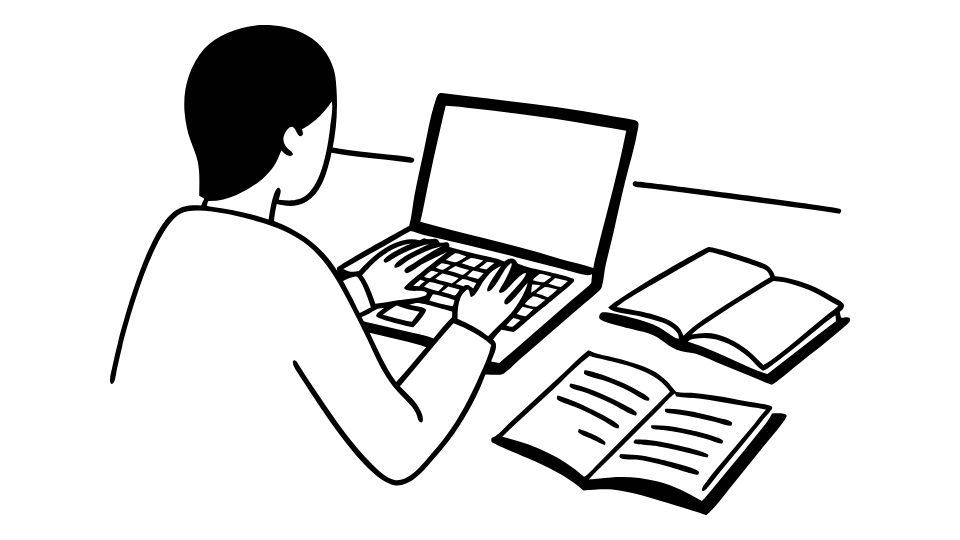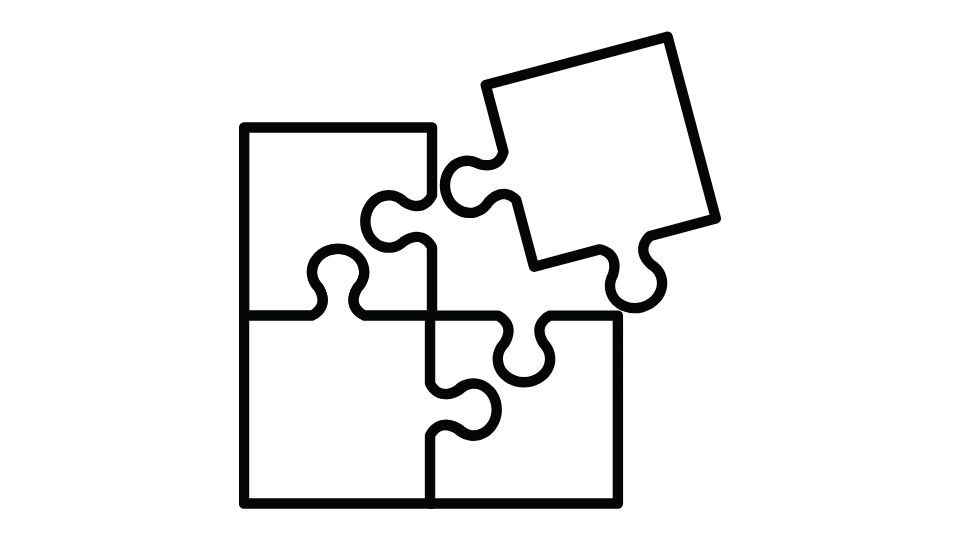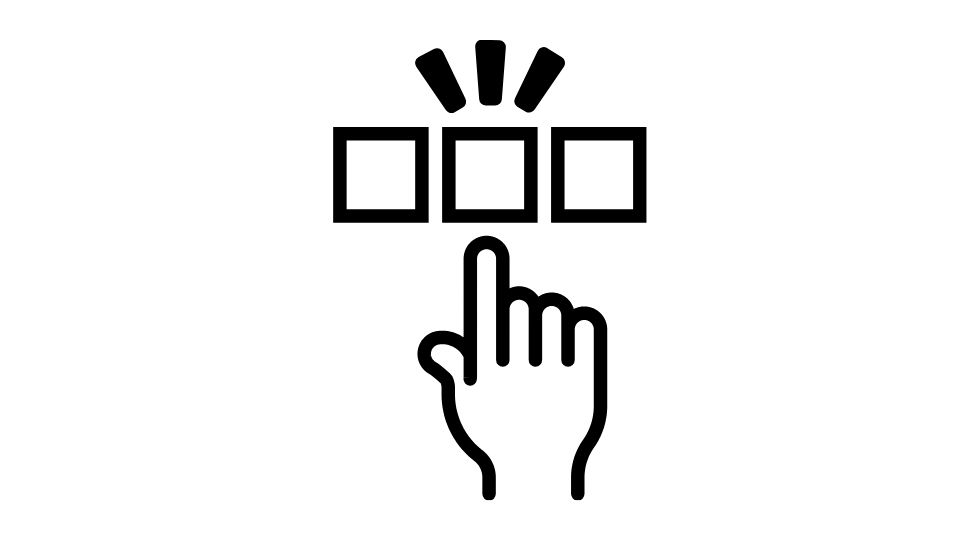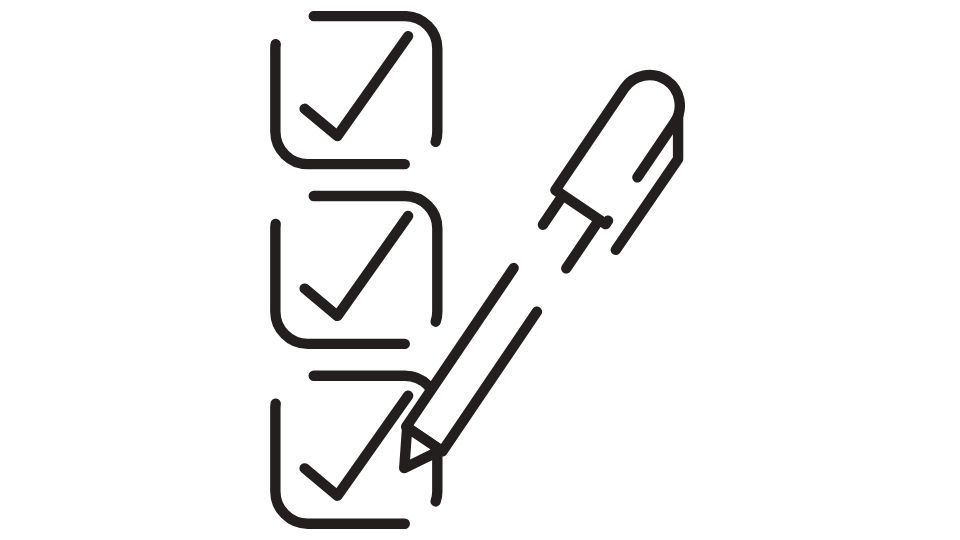Why Self-Care Isn’t Selfish — Especially If You’re Always “Too Busy”

Let’s be real – most of us are terrible at taking care of ourselves.
We work long hours, check emails at 11pm, and somehow convince ourselves that burning out is just part of being “successful.” But here’s the thing: neglecting self-care isn’t just making you miserable—it’s actively sabotaging your performance, creativity, and career growth.
I used to think self-care was some fluffy concept for people with too much time on their hands. Now I realize it’s more like the oxygen mask on an airplane—you need to secure your own before helping others. Without it, you’re just running on fumes and heading for a crash.
Why Self-Care Isn’t Just Some Fluffy Concept
Chronic work stress doesn’t just make you grumpy—it literally shrinks your brain. Burnout leads to:
- Worse decision making
- Higher error rates
- Lower creativity (goodbye, innovative solutions)
- Reduced focus (hello, taking 3 hours to write one email)
- Mental fog that makes simple tasks feel like climbing Everest
Self-care acts as a critical buffer against these effects, supporting your mental and physical resilience so you can actually perform when it counts. It’s not just about feeling good—it’s about staying functional.
Think of your mind like a smartphone battery. Without regular recharging, you’ll end up in low-power mode at the worst possible moment.
The Price of Ignoring Self-Care

When we skip self-care, we’re not “saving time”—we’re borrowing against our future productivity and health. The interest rates on that loan are brutal:
- Physical exhaustion that coffee can’t fix
- Weakened immune system (hello, constant colds)
- Brain fog that makes simple decisions feel impossible
- Emotional reactivity (snapping at colleagues over minor issues)
- Reduced creativity (recycling old ideas because you’re too tired for new ones)
One study found that professionals who neglect self-care experience up to 60% higher rates of mistakes and missed deadlines. So that hour you “saved” by working through lunch? It’ll cost you three hours of productive work later.
Self-Care Strategies That Don’t Require Moving to Bali

Good news: effective self-care doesn’t require expensive spa retreats or two-hour morning routines. Small, consistent habits actually deliver the biggest benefits. Here’s what works:
Morning Ritual (5-15 minutes)
Start your day with intention instead of reaction. Avoid checking emails first thing—this immediately puts your brain in response mode rather than creative mode.
Instead, try:
- 5 minutes of meditation
- Writing three things you’re grateful for
- A quick stretching routine
- Actually enjoying your coffee instead of gulping it while reading Slack messages
Strategic Breaks (throughout the day)
Your brain wasn’t designed to focus for 8 hours straight. It works in cycles. Use the Pomodoro technique: 25 minutes of focused work followed by a 5-minute break.
During breaks:
- Stand up and stretch
- Look out a window (distant focusing resets eye strain)
- Take 10 deep breaths
- Drink some water
These aren’t “wasting time”—they’re maintaining your mental hardware so you can keep performing.
Midday Reset (10-30 minutes)
This is your pit stop in the middle of the race. Step away from your desk completely.
- Eat lunch away from your computer (revolutionary concept, I know)
- Take a short walk outside
- Do a quick workout if possible
- Power nap (10-20 minutes max)
Evening Wind-Down (30-60 minutes)
The way you end your day determines how well you’ll perform tomorrow.
- Set a technology cutoff time (ideally 1-2 hours before bed)
- Create a simple bedtime routine
- Read something non-work related
- Try a “brain dump” journal to clear mental loops
Boundaries (ongoing)
This is where most of us fail hardest. We need to stop treating ourselves like 24/7 work-vending machines.
- Learn to say “I’ll get back to you tomorrow” instead of “I’ll do it tonight”
- Delete work email from your phone (or at least turn off notifications)
- Set realistic expectations with clients and colleagues
- Schedule your personal time like you schedule meetings—it’s just as important
The Compounding Returns of Self-Care

When you invest in self-care, the ROI shows up everywhere:
Better cognitive function: Research shows regular self-care practices improve memory, problem-solving, and creative thinking by up to 30%.
Enhanced resilience: You bounce back faster from setbacks and challenges.
Improved relationships: You’re less likely to snap at colleagues or family when your own needs are met.
Sustained career performance: Instead of burning bright and burning out, you maintain consistent output over years.
Most importantly, self-care prevents the kind of burnout that forces talented people to abandon careers they once loved.
How to Actually Make This Happen

Look, I get it. Reading about self-care is easy. Actually doing it when you’ve got deadlines, demanding clients, and a calendar that looks like a game of Tetris? That’s harder.
Start small:
- Pick ONE self-care habit to implement this week
- Schedule it in your calendar with a specific time
- Treat it as non-negotiable as your most important meeting
- Build from there
Remember: The best self-care routine is the one you’ll actually do. A 5-minute daily meditation that happens consistently beats a fancy wellness retreat you do once a year.
Self-care isn’t selfish—it’s strategic. It’s the difference between a career that’s sustainable and one that leaves you depleted by 40.
In 2025 and beyond, the most successful professionals won’t be the ones working 80-hour weeks. They’ll be the ones who understood that maintaining their mental and physical energy is just as important as any other business asset.
Your brain is the tool you use to make a living. Taking care of it isn’t optional—it’s essential.

